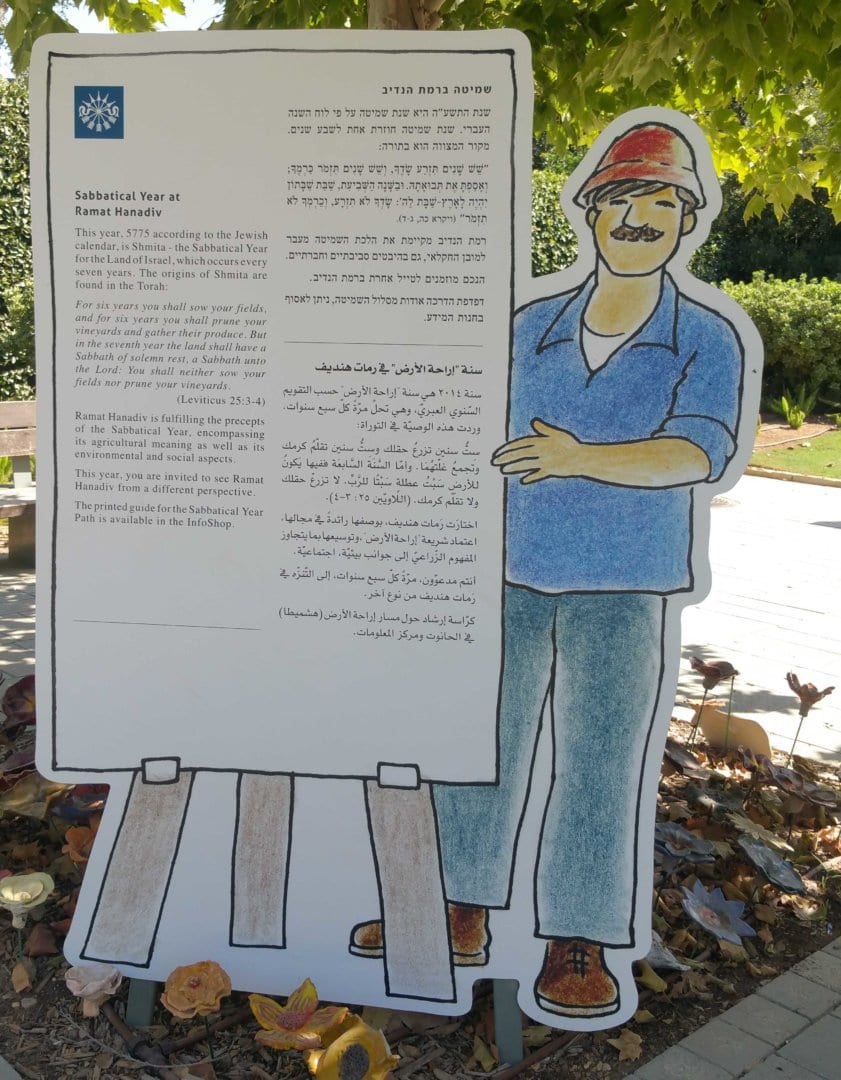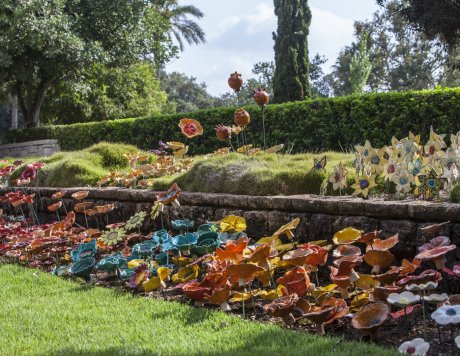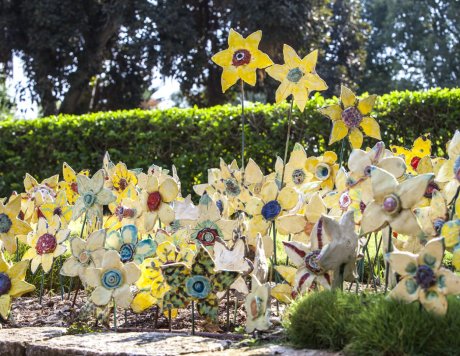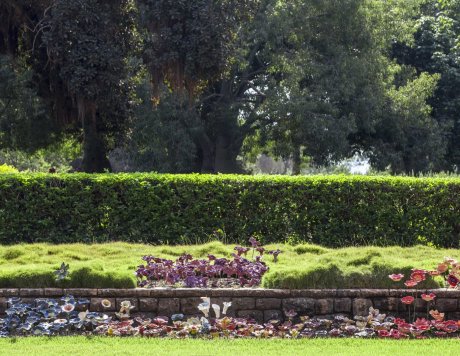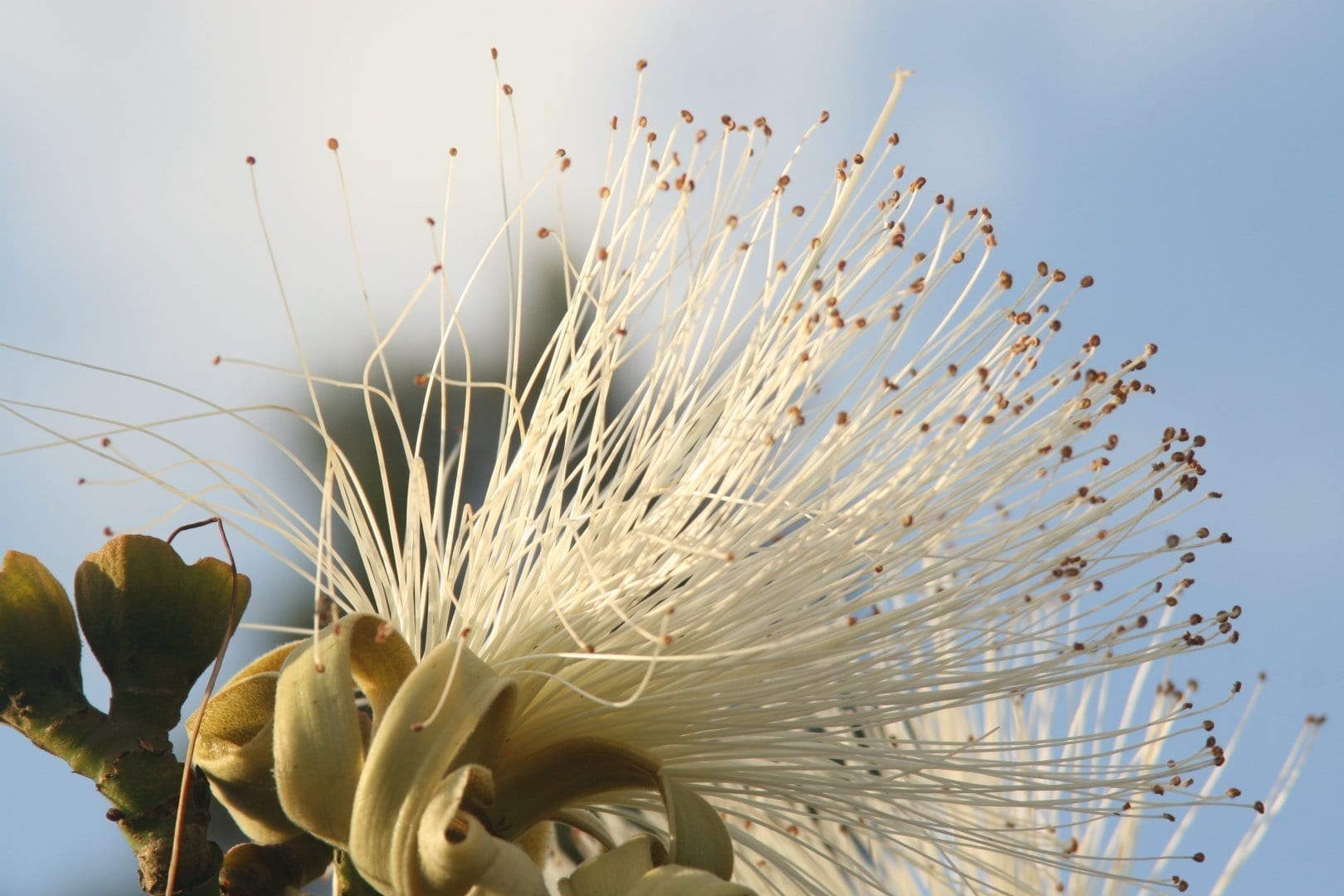
The Sabbatical Year at Ramat Hanadiv
During the Hebrew year, 5775 (2014 – 2015), Ramat Hanadiv marked the Jewish Sabbatical (Shmittah) year for the first time, through its operations. According to Jewish values, most horticultural and agricultural work ceases once in seven years:
“Six years you shall sow your fields, and six years you shall prune your vineyards; and you shall collect its produce. And in the seventh year, the land will have a Sabbath – a Sabbath for G-d: you shall not sow your field and you shall not prune your vineyards (Leviticus 25: 3-4). According to our sages’ interpretation, this commandment is intended to give the land time out and allow it to renew itself, so that for the next six years it will strengthen and give fruit once again.
Ramat Hanadiv observes the sabbatical year with respect to agriculture, and with respect to environmental and social concerns, based on four leading principles:

